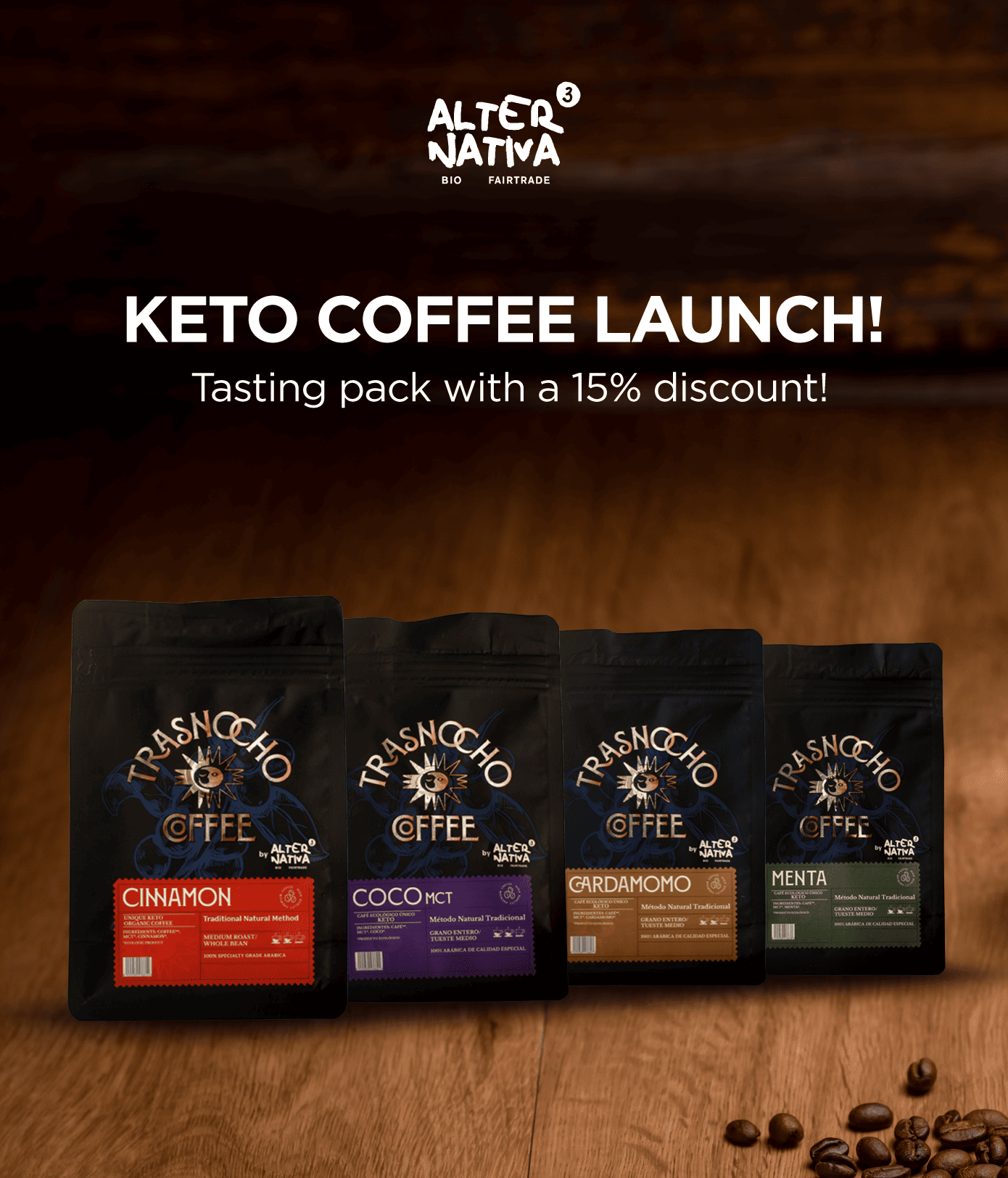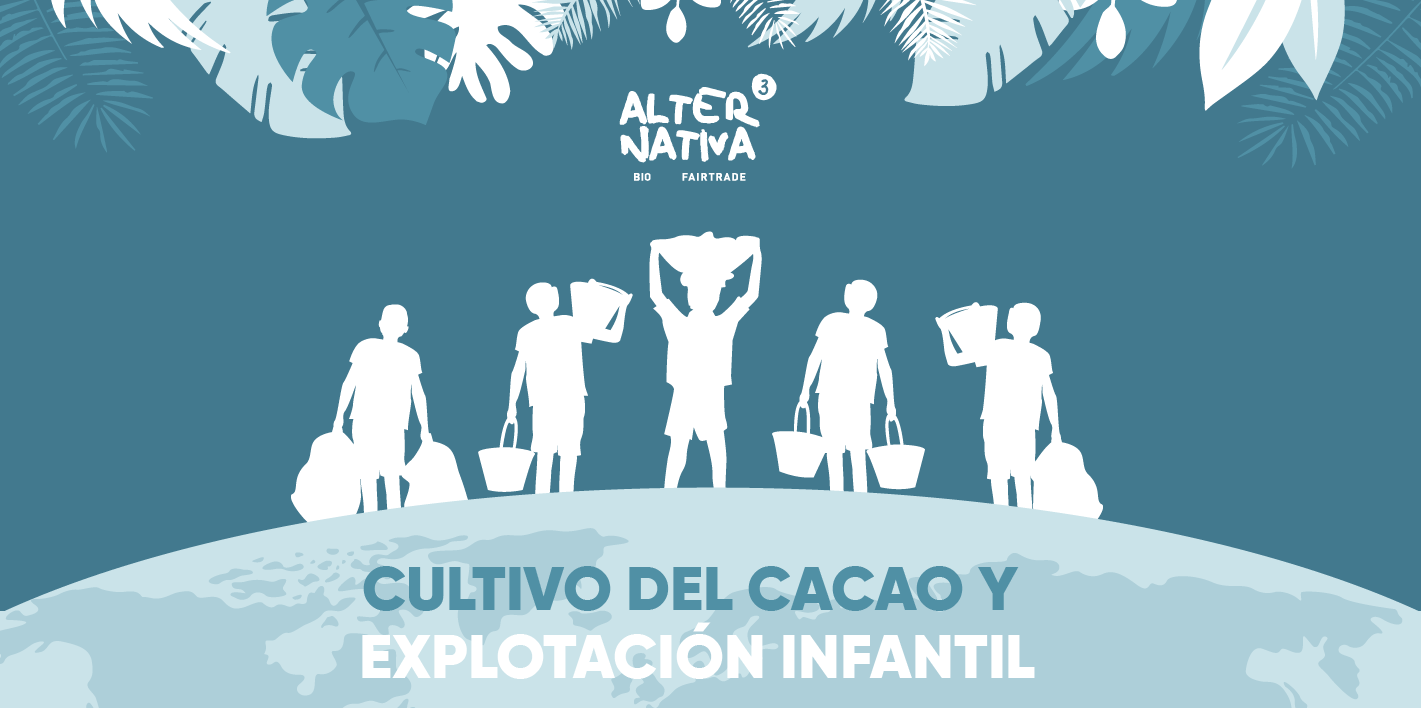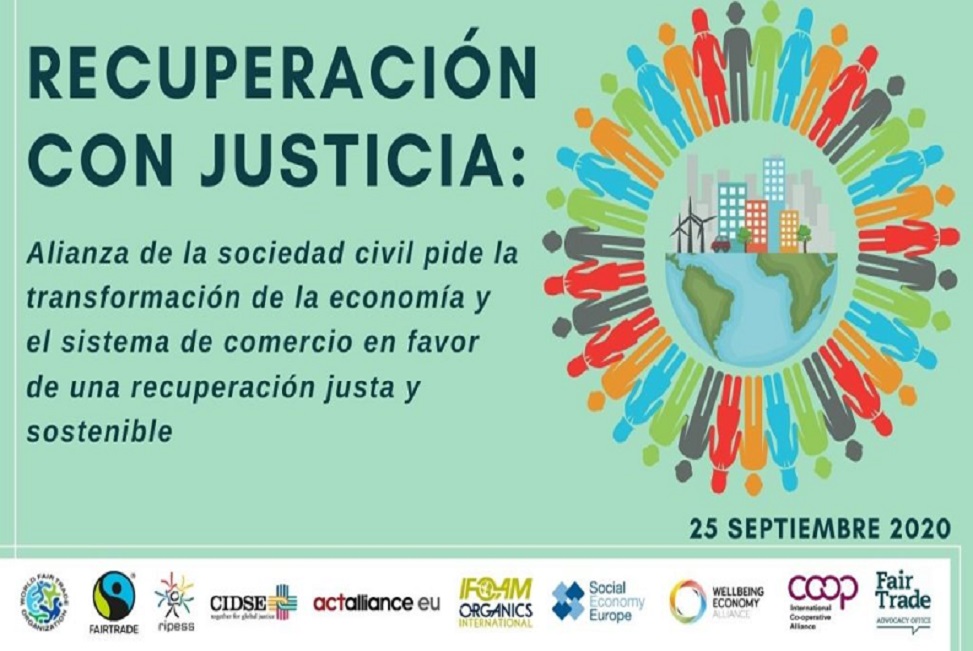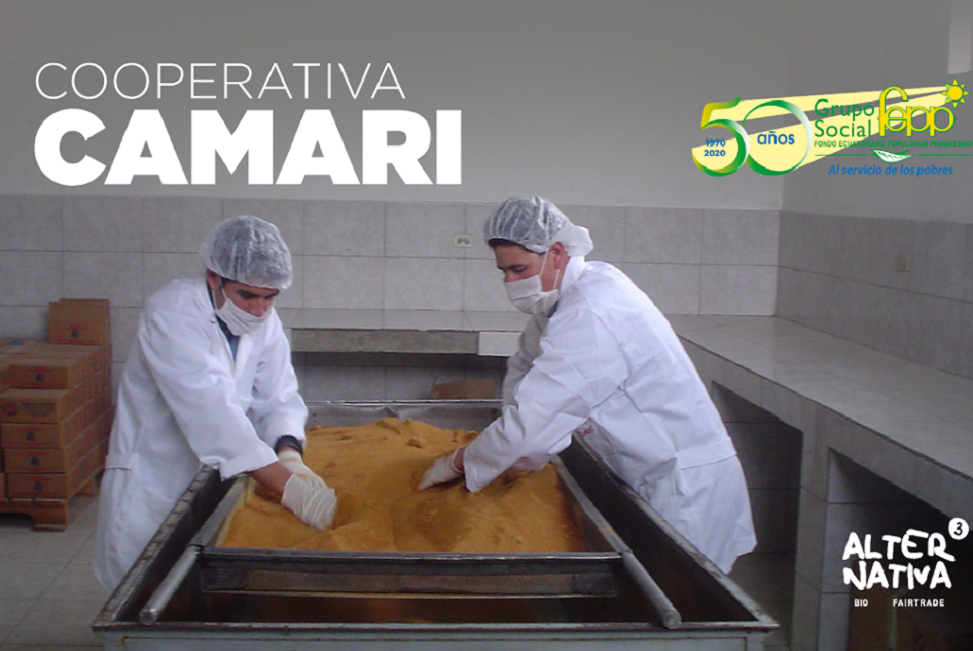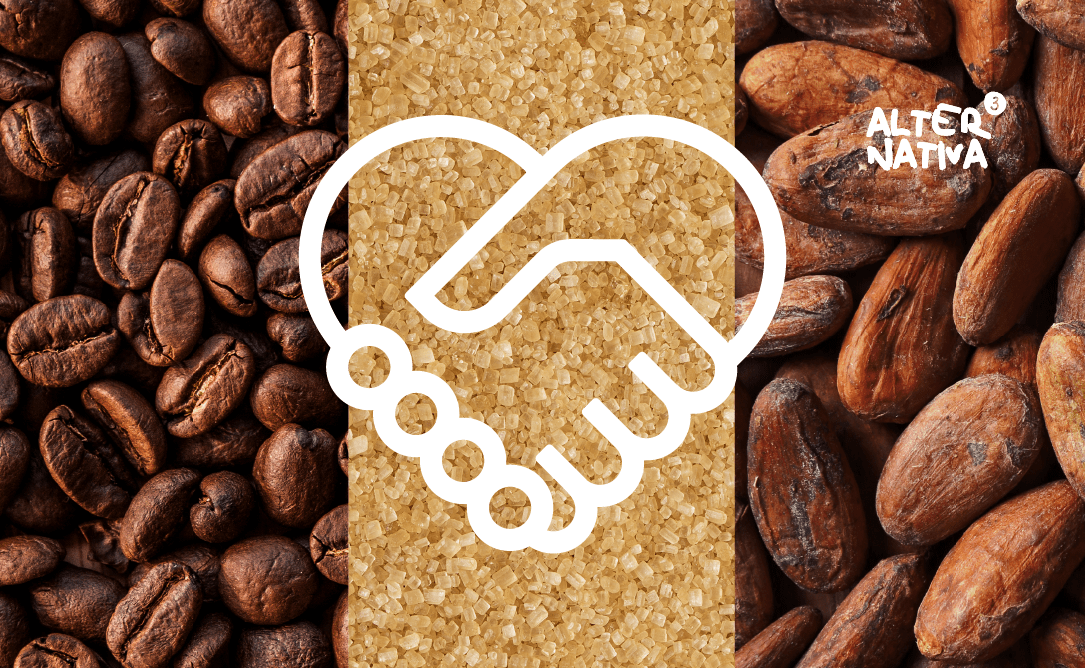Author: Eugenia González.
It is very likely that some of the products you consume on a regular basis promote child exploitation and slavery. Are you aware of this? Here are the keys to avoid this situation and encourage change.
What message do you send with your consumption habits?
I was once told that every time I buy a product, the manufacturer interprets my action in a very specific way: "he likes my product". The logical consequence? Make another product. And do everything exactly the same. Well, when I buy a chocolate bar that promotes child exploitation in Africa, the manufacturer interprets my action in a very specific way: "he likes my product". The logical consequence? Make another one. And do everything exactly the same.
So when I buy a tablet of chocolate promoting child exploitation in AfricaThe manufacturer interprets my action in a very specific way: "he likes my product". The logical consequence? Make another one. And do everything exactly the same.
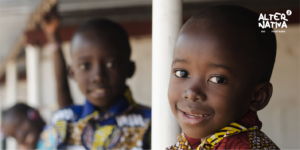
What can you do?
I'm sure you don't want to contribute to this situation. I'm sure you do, and if you're like me, you'll feel terrible. Cocoa, in all its forms, is one of my favourite products and I never miss it at home, I love chocolate! And you, how many years have you been eating chocolate? Do the kids eat it? Do you have it at home often?
The truth? It pains me to talk about child exploitation. But I have come to the conclusion that the only way to change this situation is to raise awareness. If we don't speak out, we make the situation invisible, we deny the reality and we close the door to change.
The data raised my awareness
Child labour exploitation affects 11% of the world's children. That's 168 million children (data from the UNDP - United Nations Development Programme). And the crisis created by COVID-19 only worsens this situation.
Here is some food for thought:
- More than one million children work in cocoa cultivation in West Africa.
- Between 200,000,000 and 800,000 children under the age of 18 are trafficked every year in West Africa.
- The cocoa industry is worth millions of euros in Europe.
Child labour is a violation of human rights:
- It directly affects children's development.
- It causes physical, psychological and emotional damage for the rest of their lives.
- It perpetuates poverty for generations, as without education it is virtually impossible to climb the social ladder.
The International Labour Organisation states that: "under present conditions, unless measures are taken to alleviate it, poverty could be perpetuated from generation to generation".
What are the causes of child labour? It is a complex issue, but it is clear that it is rooted in poverty and the unfair conditions of conventional international trade. That is why Fair Trade, an ethical alternative to conventional trade, is a solution.
What should you ask yourself before buying cocoa? 2 things: is it organic and is it fair trade?
Is the chocolate organic? When talking about organic products, the focus is often on whether they have more nutrients than conventional ones, but I prefer to focus on what they do not contain: chemical fertilisers, synthetic herbicides, industrial fungicides... An organic product does not contain chemicals and for that reason it takes care of your health and that of your loved ones. On the other hand, if no harmful chemicals have been added, it means that the people involved in its cultivation or processing have not been exposed to these harmful substances either.
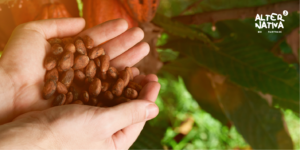
Is it Fair Trade?
The reality? Look, if a chocolate is conventional and does not carry a seal certifying that it is fair trade, it is more than likely that children in forced labour, slavery or human trafficking have been involved in its cultivation, processing, transport or marketing.
On the other hand, if it bears the Fair Trade label, it means that the cooperative (association of farmers) that wishes to have its products certified has adhered to the Convention on the Rights of the Child, which assures us that there will be no forced labour. Conditions will be put in place to ensure the welfare, safety, education and need to play of the children.
And thanks to the "premiums" that producers receive, children in the community have access to education, health, clean water... and not just children, but adults too. Fairtrade benefits the whole community.
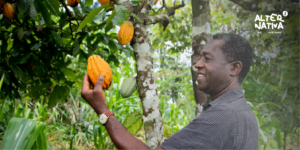
Could Fair Trade be the solution?
Don't be fooled: FT supporters are not a handful of idealists, we are millions of consumers. Yes, we are not a majority and we have a long way to go, but we exist and with our actions we make a real difference in the lives of thousands of people every day.
How to take action today?
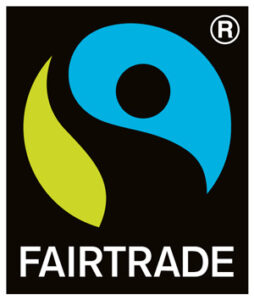
Start replacing commonly consumed products with alternative, ethical and sustainable ones. To be sure that cocoa (or coffee, sugar, etc.) protects children, start substituting alternative, ethical and sustainable products. make sure that the product bears the Fair Trade label.
These products can be found in some supermarkets, although it is more common to find them in organic shops, health food shops and herbalists.
On the AlterNativa 3 website you have a lot of options of products made with cocoa (and they are all very tasty): pure chocolate, soluble cocoa, chocolate with superfoods, in bars, in origin, drops and coatings... And all of them are organic and Fair Trade. And with the security of supporting a company that has been committed to change for more than 40 years.
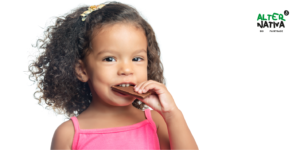
Start with a small action. And then move on to something easy. But don't stop, keep making changes, even if it's just one little thing every month: the soluble cocoa that the kids drink, that little gift in the form of chocolates that you take with you when you go to visit, the chocolate you use to make the cake, the chocolate chips you put in the muffins...
Start with a small action. And then move on to one easy thing. But don't stop. You (and I and so many other conscientious consumers) are the engine that makes change possible.
Yes, I encourage respect for children by buying Fairtrade chocolate.
